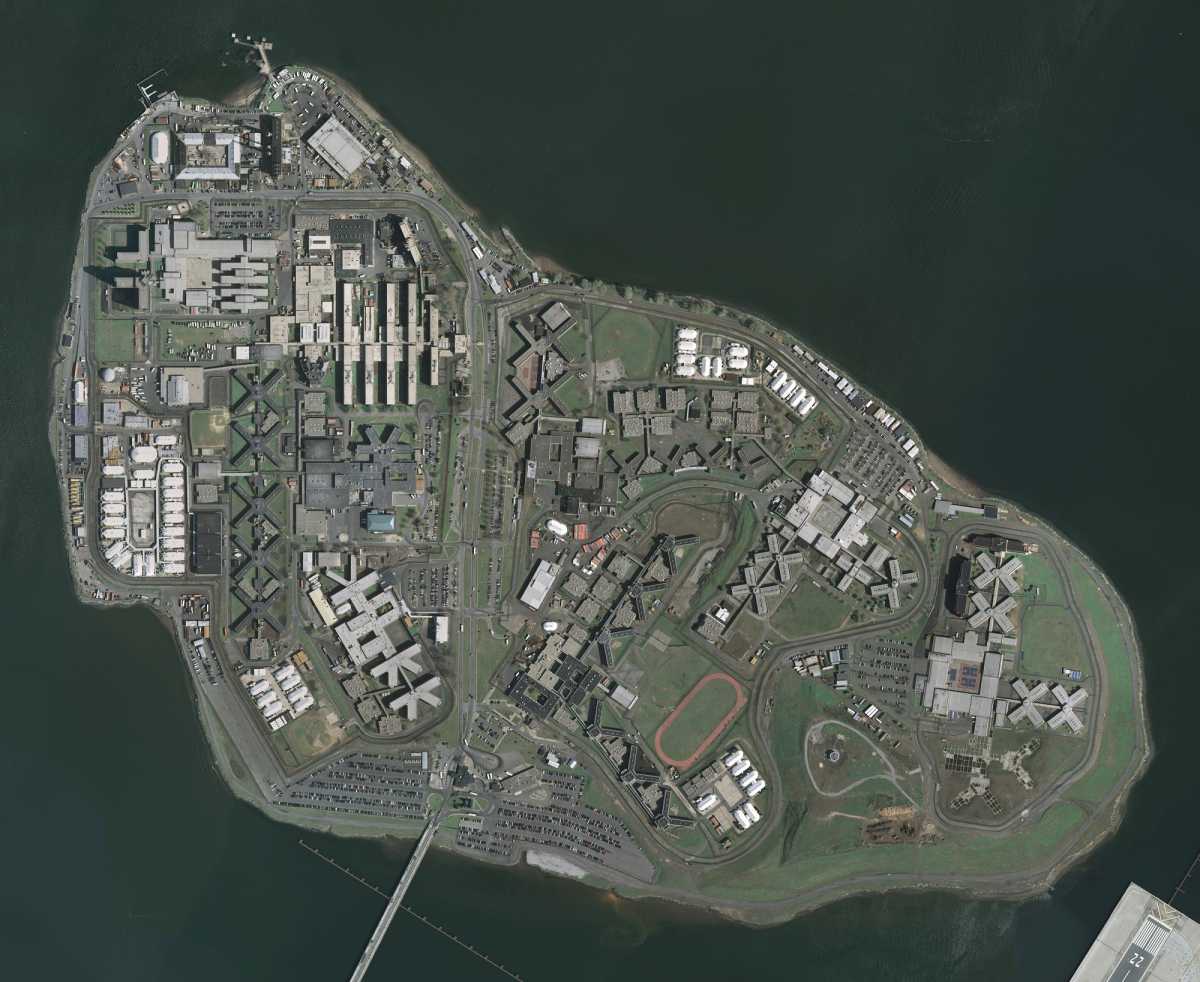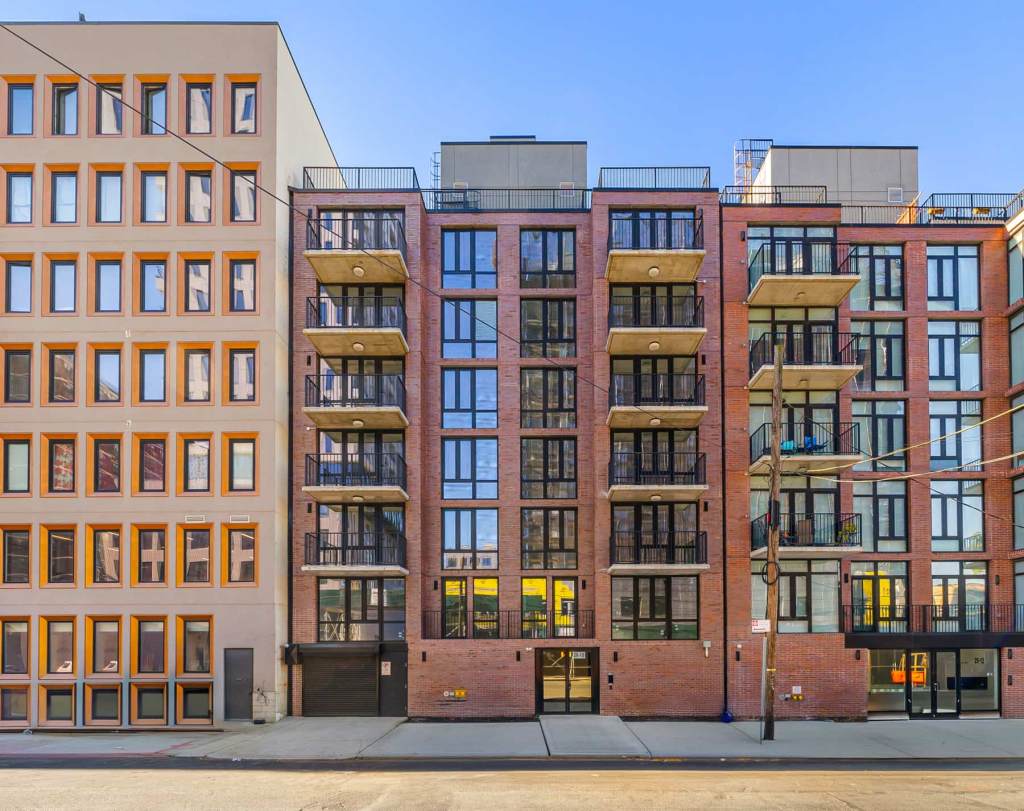The future of Rikers Island will not include future prisons, according to an agreement between Mayor Bill de Blasio and Council Speaker Corey Johnson.
The Council’s Land Use Committee passed a resolution Thursday authorizing the City Council to file an application at the Department of City Planning to remap Rikers Island so that it will not be allowed to house incarcerated people after 2026, when the current prison complex is closed.
The map change will designate the island as a “public place” on the city map, which will ensure future development of the site will be solely for the public benefit.
“We promised to close Rikers Island, and we’re making good on that promise,” de Blasio said. “We’re making our commitment ironclad and ensuring no future administration can reverse all the progress we’ve made. Mass incarceration did not begin in New York City, but it will end there.”
The city’s plan to reduce the Rikers Island prison population and close the complex in seven years and move into four community-based prisons passed the City Planning Commission last month and comes up for a City Council vote on Oct. 17.
“This process will require Rikers Island to close as a correctional facility by 2026, and shows our deep commitment to moving away from the failed policies of mass incarceration,” Johnson said.
City Councilman Donovan Richards — who recently announced his campaign for Queens borough president — sits on the Land Use Committee and thanked his fellow members for working to put an end to a sad chapter in the city’s history.
“Rikers Island is a stain on our city, and it’s continued operations hurt us all,” Richards said. “I look forward to the day it is gone.”
City Councilman Costa Constantinides introduced three bills in June that would start the process of transforming Rikers Island into a renewable energy hub by using its 413-acres as a site for solar power and a wastewater treatment plant as a form of environmental justice. The zoning resolution that will change the map will be done through the city’s public review process.
“We all know the moral imperative of closing the jails on Rikers Island, which will now be codified into law,” Constantinides said. “This ULURP guarantees Rikers Island is not used to detain another soul by 2026, which will end the stain on New York City history. I want to thank Speaker Corey Johnson for fighting to ensure Rikers Island will never be used as a jail again. We must now look at how this island can be used to help the same communities that have historically seen over policing and underinvestment.”
Stanley Richards, the executive vice president of the Long Island City-based Fortune Society, which helps formerly incarcerated people re-enter society, sat on the Lippman Commission, which set out the plan to close Rikers Island in 2017.
“Today’s landmark agreement brings a one step nearer to closing a shameful chapter in our city’s history. For too long, Rikers Island has wrought brutality and inhumanity on all who cross that bridge and pass through its doors — incarcerated people, correction officers, families and others,” Richards said. “”Shutting down this sprawling, inaccessible and dehumanizing facility forever and replacing it with state of the art, supportive borough-based jails will show the world that New York City believes in both true correctional reform and the value of individuals.”
Not everyone was pleased. City Councilman Robert Holden blasted the Land Use Committee vote.
“This vote sets an extremely dangerous precedent in New York City with the Council essentially turning the ULURP process on its head and neglecting the voices,” Holden said. “This is a blatant overreach of power and I am beyond disappointed that my colleagues held this vote after giving less than 24 hours notice.”
Holden introduced a bill last year that would create a commission to study the cost of renovating Rikers Island so that the price could be compared with the cost of building borough-based jails which has an estimated cost of $11 million. Holden met with architects earlier this month that presented their plan to renovate the prison complex on Rikers for half the cost of the borough-based jails.
“It is clear that my colleagues have made up their minds on Rikers Island without giving any consideration to alternative plans, despite the fact that none of us has seen any detailed design for the borough-based jails,” Holden said. “My bill to simply study the cost of rebuilding the island to create a cost comparison has been brushed aside when it could have given our constituents a more complete picture of how their tax dollars will be spent. We can only hope the next Mayor has a more balanced point of view on this issue.”





































